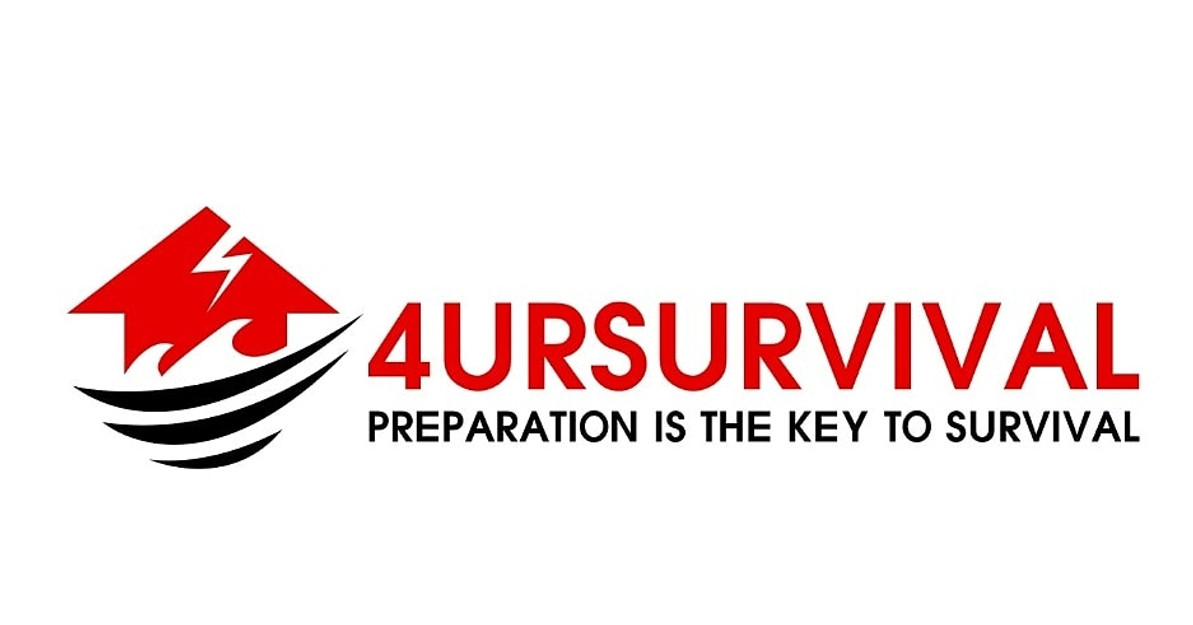Helping Children Cope with Emergencies
Regardless of your child’s age, he or she may feel upset or have other strong emotions after an emergency. Some children react right away, while others may show signs of difficulty much later. How a child reacts and the common signs of distress can vary according to the child’s age, previous experiences, and how the child typically copes with stress.
Children react, in part, on what they see from the adults around them. When parents and caregivers deal with a disaster calmly and confidently, they can provide the best support for their children. Parents can be more reassuring to others around them, especially children, if they are better prepared.
People can become more distressed if they see repeated images of a disaster in the media. Early on, consider limiting the amount of exposure you and your loved ones get to media coverage.
https://4ursurvival.com/childrens-survival-kit-emergency-survival-kit/
cdc.gov
Recent Posts
-
Hurricanes
Prepare for HurricanesKnow your Hurricane RiskHurricanes are not just a coastal problem. Find out ho …13th Sep 2021 -
Distress Signals
Distress Signals: What Distress Signals can you use?Help Flag - www.4ursurvival.comYou Will Need* A …30th Aug 2021 -
Get Ready for Disasters During National Preparedness Month
September is National Preparedness Month, the perfect time to get your household ready for an emerge …23rd Aug 2021


